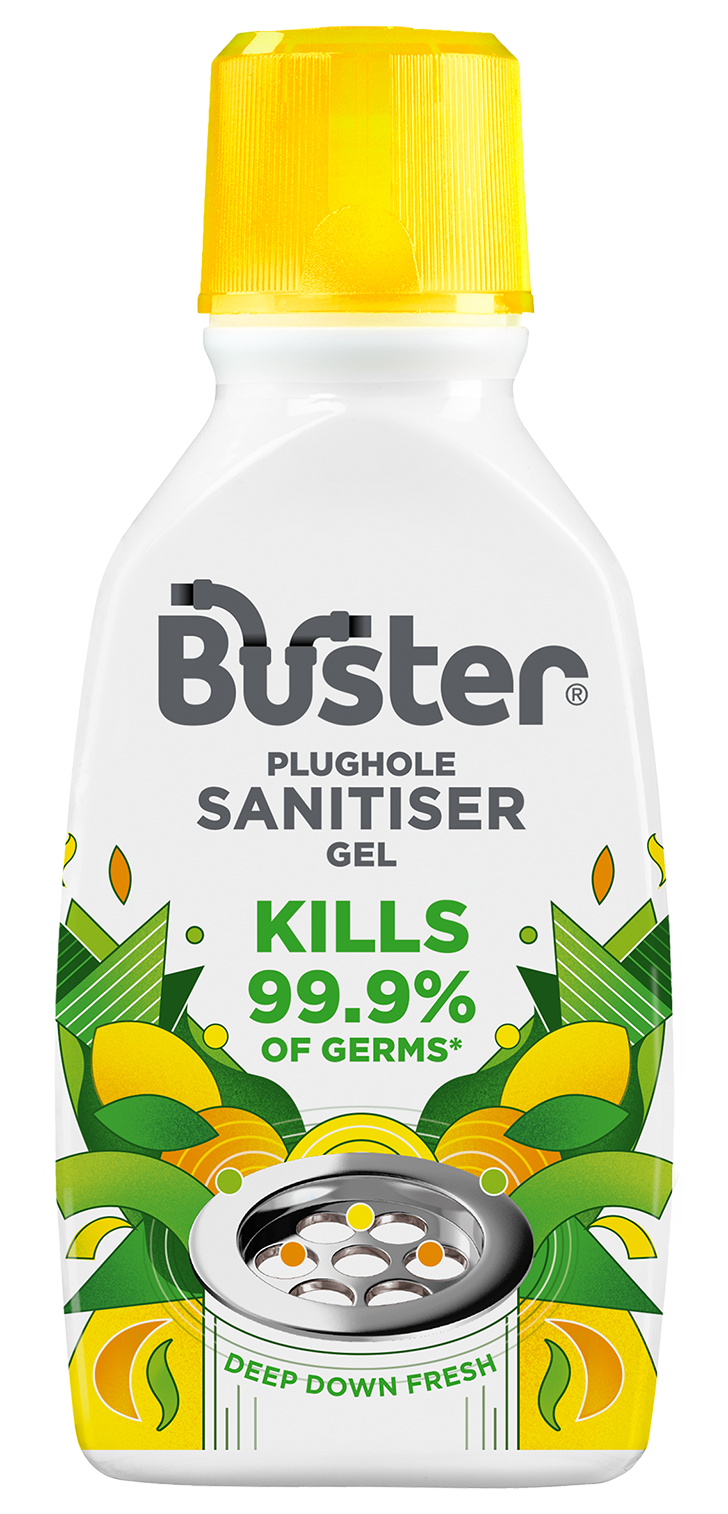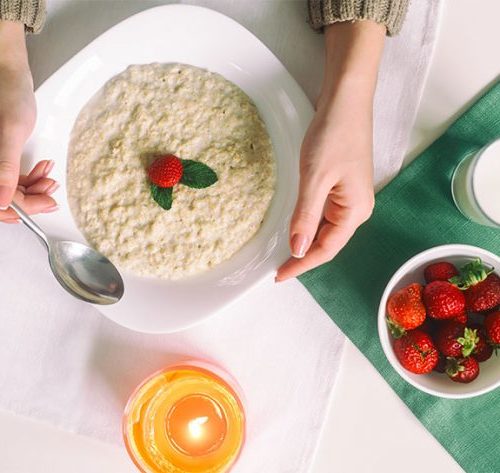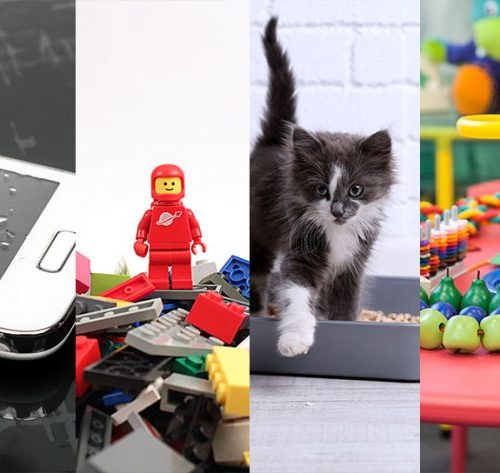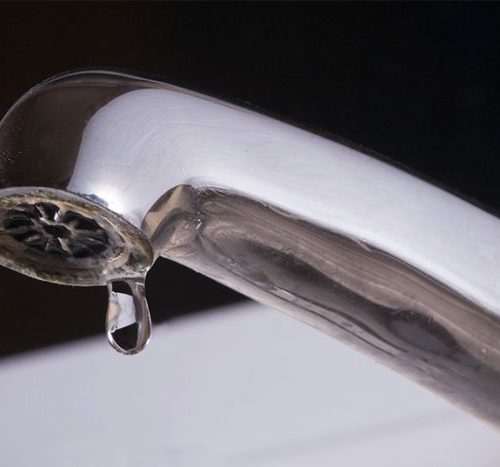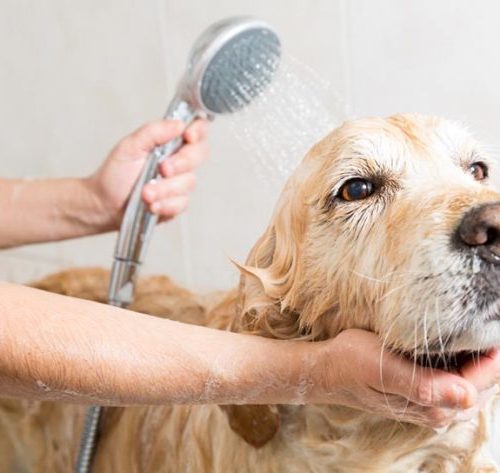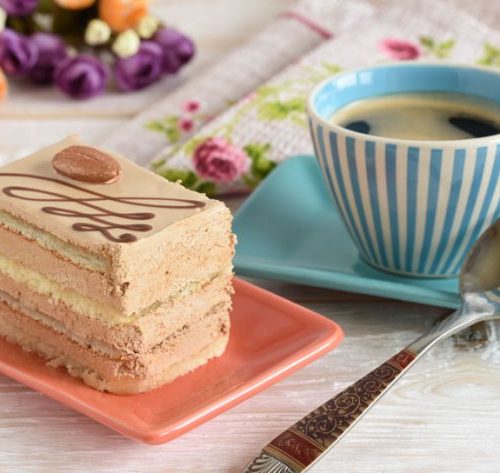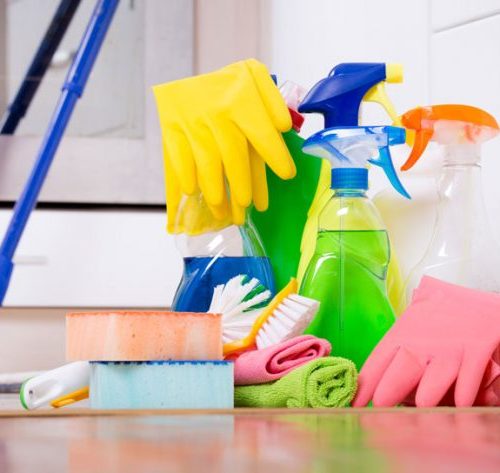It may be tempting if you have a little oil or fat left over from cooking to pour it down your kitchen sink plughole or flush it down the loo.
But water companies and consumer organisations are trying to raise awareness about the problems this approach to disposal can cause.
The Consumer Council for Water, which represents water consumers in England and Wales, warns that fats, oils and greases discarded in this way can quickly lead to a blocked plughole, drain or toilet which will probably mean you will end up paying for an emergency call-out.
The myth that you can run hot water after the fat and use washing up liquid to dissolve fat and stop it cooling and solidifying in your pipes is just not true.
The CCW also estimates around three quarters of the 200,000 sewer blockages which happen in the UK every year could be avoided if these substances weren’t poured down the drain. If you think it costs water companies around £15million every year to clear blockages, you get some idea of the extent of the problem, and how much extra is passed onto customers’ bills because of the issue.
In the worse cases, so-called fatbergs build up in sewers. These are huge conglomerations of congealed food fat mixed with other items such as wet wipes, which cause major blockages that can lead to flooding. Several years, ago a fatberg the size of a bus was discovered causing a blockage in a west London sewer.
So, just how should you dispose of fat and oil after cooking? Here’s a few tips.
- Scrape fats, oils and grease that have cooled into a container or newspaper before binning them
- Keep a ‘fat trap’ or container in the kitchen to collect waste fats, oils and grease. Many water companies will provide you with a free fat trap
- Mix cooking oil with absorbent material such as cat litter or coffee grounds, and then throw it away in the bin






